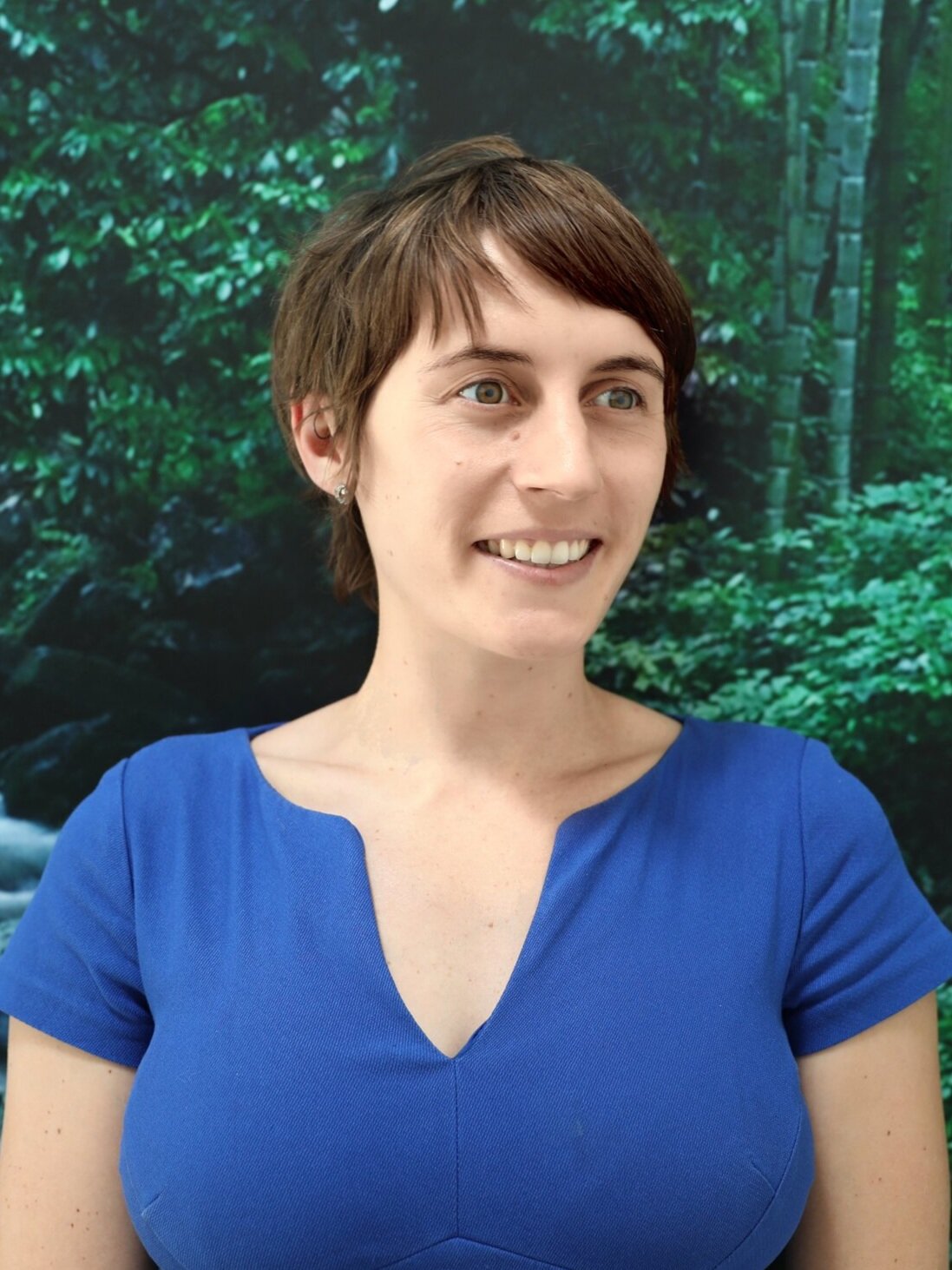The WBF Global Fellowship 2021
The competition for this Fellowship was robust and impressive, resulting in a total of 118 applications from 40 countries. This is over four times the number we anticipated. We are thrilled with the overwhelming response and quality of submissions. A wide variety of ideas from all over the world were submitted to answer the call for the commercialization of timber bamboo.
The call for the Global Fellowship was made on January 5 via our extensive mailing list and outreach via social media platforms. The submission deadline was January 12, followed by two additional phases of the review process, as well as personal exchanges to fully comprehend the candidate’s proposed research. The Steering Committee was engaged for comments, and the final decision was made on February 9.
Based on the very strong interest and the highly promising proposals, eight fellows have been selected for the 2021-2022 term. Importantly, based on selecting a total of eight, we have carefully coordinated the selection across six broad topics and hope to achieve a degree of coordination between some of the Fellows to produce a holistic set of publishable findings that will have applicability and appeal in the global bamboo community, which is an aim for the WBF. As you know, the mission of the WBF is to advance the commercialization of timber bamboo to mitigate both global climate change and local poverty.
2021 Global Fellowship Winners
Apsana Kafle, Nepal
Topic: Investigating the effect of silviculture on the quality and quantity of bamboo culm production for timber use.
Bhushan Kelkar, India
Topic: Effect of Processing Parameters on Properties of Laminated Bamboo Lumber (LBL) as Timber Substitute in Structural Application
Kwabena Akodwaa-Boadi, Ghana
Topic: Bamboo; A Potential Resource for Phytoremediation and Rural Economic Development in Ghana.
Lubina P.A., India
Topic: Can sustainable management of Dendrocalamus stocksii plantations be a powerful and feasible solution as an alternate land-use system to mitigate climate change and to eradicate rural poverty by enhancing livelihood opportunities?
Lucy Binfield, UK
Topic: Bamboo and poverty alleviation: What works? A review.
Margaret Stern, Ecuador/USA
Topic: Addressing knowledge and dissemination gaps about bamboo carbon and water use to inform responsible production and enhance climate resilience.
Peter Romih, Slovenia
Topic: Development and marketing strategies of sustainable timber bamboo value chains.
Le Xuan Phuong, Vietnam
Topic: Review the current bamboo value chain in Vietnam: challenges and opportunities to accelerate the commercialization of timber bamboo.
The Runners-Up
The Runners-Up deserve recognition for their excellent proposals. We applaud their efforts.
Ajit Noasekpam, India
Apoorva, India
Balakrishna S M, India
Bilshan Servanez, Philippines
Elizabeth Kruger, South Africa
En Le Hong, Vietnam
Fatima Tangan, Philippines
Flor Maria Morocho Galarza, Peru
Karnita Yuniarti, Indonesia
Kavya Trivedi, India
Lorena Sanchez, US
Neelam Manjunath, India
Neha Devi, India
Nicolas Van Drunen, Ecuador
Ray Villanueva, Philippines
Shaun Rolph, US
Shiv Panse, Liberia
Sol Rodriguez, Nicaragua
Sruthi Subbanna, India
Stay tuned for news by joining our opt-in e-news mailing list at the World Bamboo Organization.








